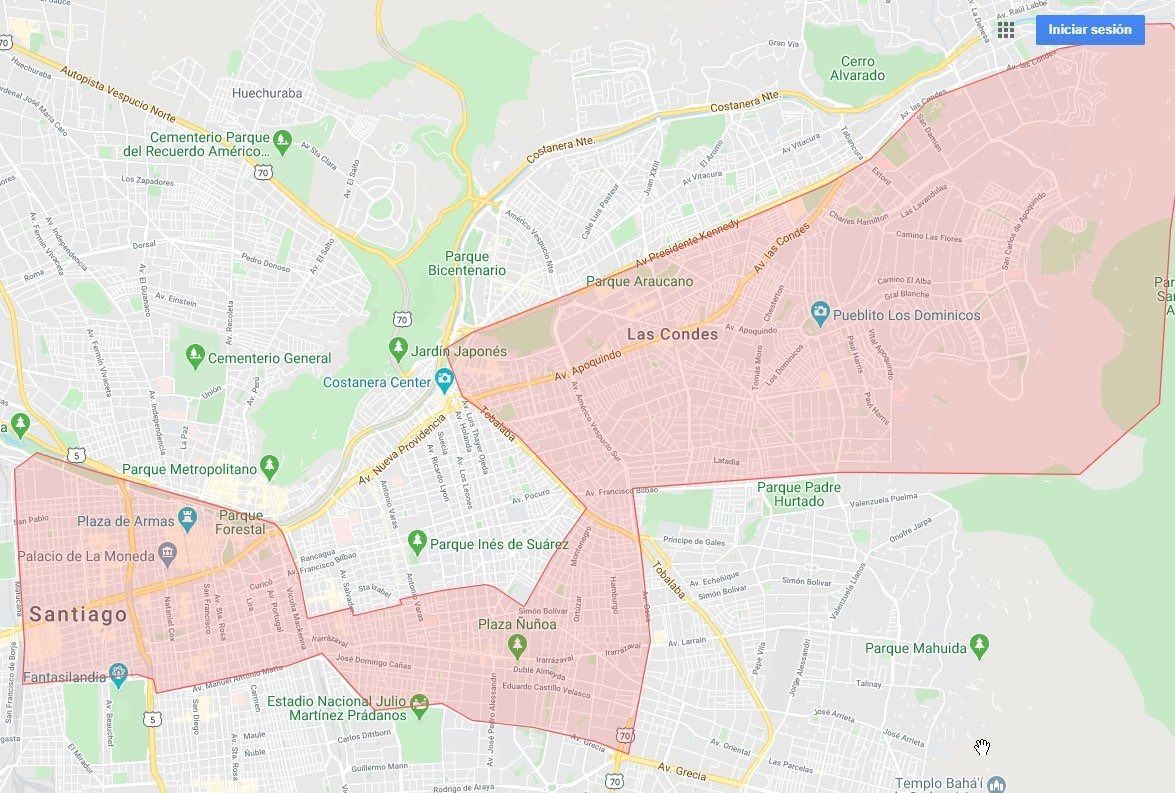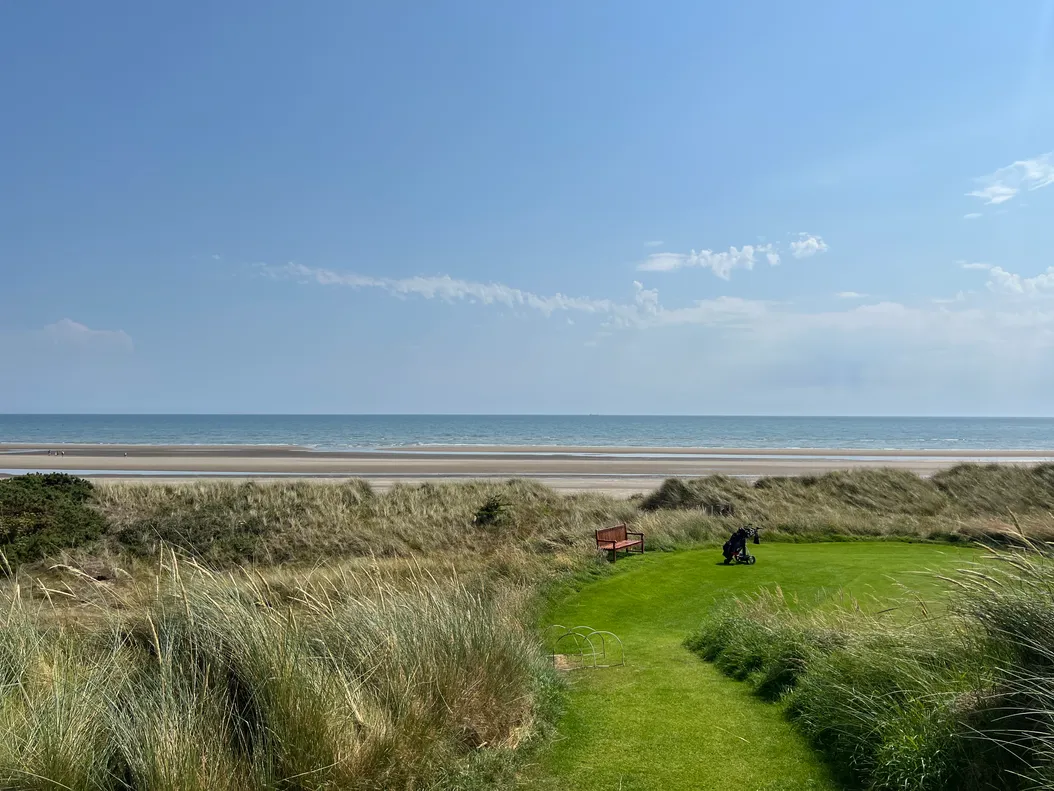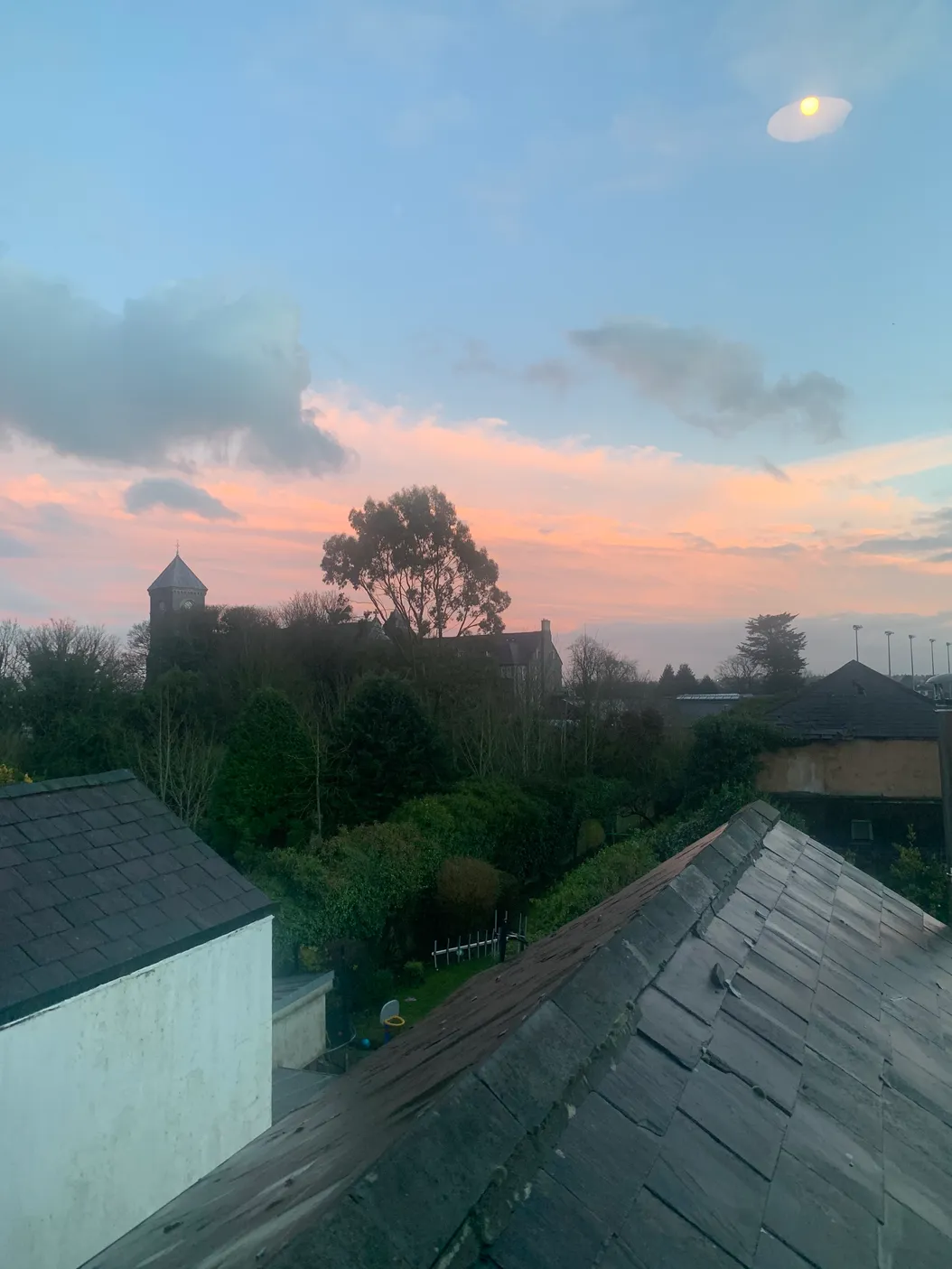A few years ago, midway through my first stint in Chile, I was lucky enough to visit Machu Picchu, the ancient Incan city found high up in the Peruvian Andes. I took the site in on a very frugal backpacking trip that took me through Peru and Bolivia. The trip also saw me eat some sort of pork dish that was served out of potato sack halfway up a mountain. Good. Machu Picchu is a massive tourist attraction and I remember being glad that I got there at sunrise. I was able to enjoy the empty ruins for nearly an hour or so before the hordes descended. I imagined what it would have been like to stumble on that place in its heyday. A bustling city high up in the cloud forest. I wondered why it was abandoned.
How do cities just stop working? It must have taken an incredible amount of work to build. So why did they leave? As Europeans we do not tend to just up sticks and leave urban environments. If that were so surely Drogheda would have been abandoned years ago.
It turns out that there is a theory as to why several of these “lost cities” exist throughout the Americas. Over the past week I have read two different books that deal with this subject matter: The Lost City of Z by David Grann and The Lost City of the Monkey God by Douglas Preston. Spot the trend. I have always been intrigued by these Indiana Jones style quests. The idea that there are unknown civilizations lurking out in the jungle is fascinating. Archaeology would have been an interesting career choice and given the current economic climate, it might have been a better one than media executive.
However, as you make your way through these "searching for El Dorado" narratives the parts that deal with the Pre-Columbian period in the Americas make for uncomfortable reading. Many historians now agree that the region was heavily populated throughout the years before Europeans arrived. We are talking about millions of inhabitants in complex societies. From the Aztecs in Mexico, the Maya in Central America down the Incas in the Andes. Recently, they have also begun to confirm that the Amazonian rainforest was teeming with human life. Evidence has been found that they had found ways to farm in the tough soils of the jungle.
Why is it so that are there so many abandoned cities in the jungles? Our European cities have been around for longer, yet Rome is still Rome and Athens is still Athens. Historians now propose that the diseases brought by Europeans were responsible for the death of potentially ninety percent of the indigenous population. Ninety percent. The diseases brought across the Atlantic unleashed havoc, the local population having no resistance to these foreign ailments such as smallpox. This pathogen bomb made the work of the Conquistadores much easier and played its part in changing the face of the continent. For anyone interested in this topic I really recommend reading Guns, Germs and Steel by Jared Diamond.
The current horrible situation bears some similarities to these ancient pandemics. The majority of coronavirus cases in Latin America were imported from Europe. The region’s healthcare systems are as unprepared as the indigenous people’s immune systems were for smallpox. Fortunately, the death toll will not be even be close to 90% but the virus could still be catastrophic for the continent. Ecuador has been having a really tough time of it, with the bodies of victims being left in the streets in some cases. Economically the region is under huge pressure too. China, now in a slowdown, is the main destination for exported goods. The dollar is very strong which makes imports more expensive. Several countries are also dependent on exporting oil, which as of yesterday, is worth less than 0:

These are worrying times. As the economy suffers unemployment could reach 20% or more in several countries. Unfortunately, down here that means an increase in violent crime. The threat of total economic and societal collapse is one of the better motivators as for staying indoors. As the death toll numbers become normalized (compare the original coverage of Italy to the current coverage of the UK) the temptation will grow to creep back to normality. Neither Ireland nor Chile is close to being out of the woods yet. Last week Chile was doing some weird stuff with its lockdown policies:

The red parts stayed in lockdown whilst the others did not. I live in one of the now free zones. Bars and restaurants are still closed but at least I am able to go to the shop without a police certificate. The 10pm curfew has been in place for so long now that it has become the norm. I really hope that they know what they are doing.
Work has become more stressful by the day. Governments around Latin America are releasing different strategies to help companies. None are very straightforward and almost all involve withdrawing from your unemployment benefit (before you are unemployed) or even your pension in the case of Peru. We have been trying to figure out which are helpful to us at the magazine. Most of them involve cutting salaries for up to five months, not a very nice thing to have to inform your team.
As this virus drags on, I have been starting to think about when I will be able to visit home again. Most airlines have cancelled their flights from Chile to Europe. I would plan to make it home for Christmas, but if virus testing is not widely available then I would be worried about spending time with my parents. I hope that we will be able to get to the stage where widespread testing is available. Perhaps once we have gotten over this first wave of the pandemic then the authorities will have time to gather themselves together and make the preparations for the inevitable round two.
It has become pretty clear that large scale testing is the only way out of this. The sooner we start to focus on that the better.

